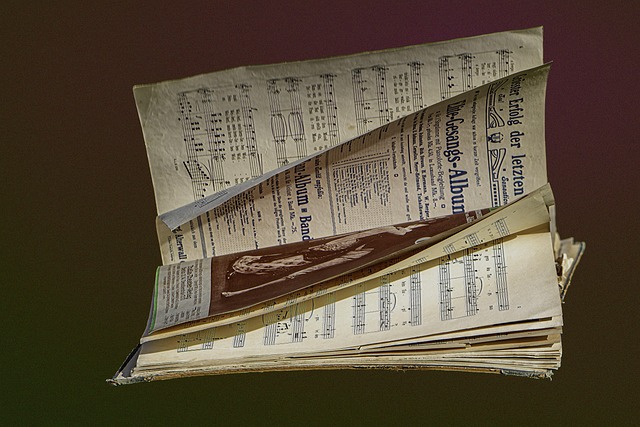In the realm of classical music, the soprano voice emerges as one of the most enchanting elements, captivating audiences with its ethereal quality and remarkable range. The term ‘soprano’ itself evokes a sense of elegance and grandeur, reminiscent of lavish soirées where the echoes of exquisite melodies dance through the air. Whether it’s during a grand opera performance or an intimate chamber music gathering, the soprano has the unique ability to elicit deep emotions from the listener, transcending the ordinary and touching the soul.
The soprano voice, often referred to as the highest singing voice, boasts a vibrant spectrum that can convey joy, sorrow, love, and longing. In the world of classical music, however, the soprano is not merely a voice; it is also a multifaceted cultural phenomenon. Various musical genres emerge within the classical sphere, each showcasing sopranos in distinct styles, from the emotional arias of Italian opera to the serene lieder of German composers. This diversity adds a rich layer of experience for both performers and audiences alike.
At a lively after-party celebrating a recent operatic performance, you may find gatherings where the notes of a beloved aria are revisited, as friends and enthusiasts share their favorite soprano performances. The merge of social gathering and musical appreciation fosters a community rich in shared experiences. Conversations around musical cultures flourish, with discussions on how sopranos have influenced various genres—from baroque to contemporary classical—highlighting the impact of these vocalists on the evolution of music itself.
As listeners, we often find ourselves drawn to the soaring melodies that sopranos deliver. Their voices have the power to transport us to different worlds, igniting our imagination and stirring our emotions. Classical music culture, infused with the brilliance of the soprano, invites us to explore these dimensions further, whether we are passionate opera aficionados or casual listeners seeking the beauty of song.
From Mozart’s timeless operas to the passionate compositions of Puccini, the soprano often takes center stage, commanding attention with every note. This central role illustrates the deep connection between vocal artistry and the cultural practices surrounding classical music. Festivals and competitions celebrate the prowess of sopranos, showcasing their skill while also underscoring the genre’s rich heritage.
In addition to the traditional concert hall, the soprano finds new audiences in modern settings. Events that blend various musical genres invite classical elements into pop and jazz environments, allowing the soprano voice to reach listeners who may not usually seek out classical music. This fusion of genres serves as a reminder of the timelessness of the soprano voice, bridging gaps between generations and musical tastes.
The allure of the soprano voice is palpable in classical music culture, and its presence is felt in every corner—at concerts, in lively discussions, or even at home, where recordings of extraordinary sopranos fill our living spaces with awe-inspiring soundscapes. As we delve deeper into the enchanting world of classical music, let us take a moment to celebrate the sopranos who, with their spirited voices, continue to inspire and captivate audiences across the globe.



